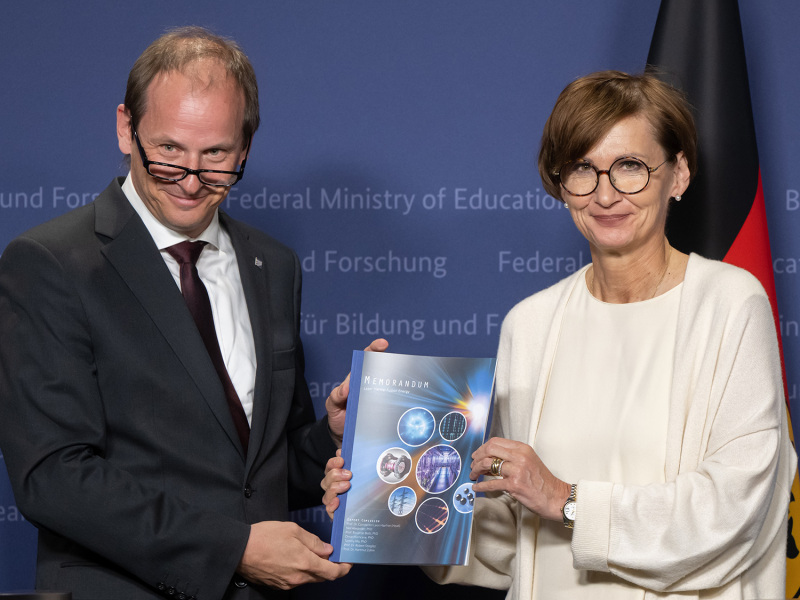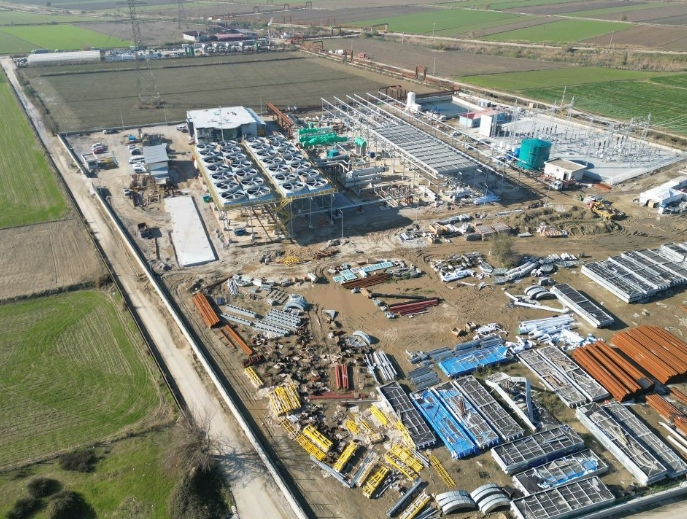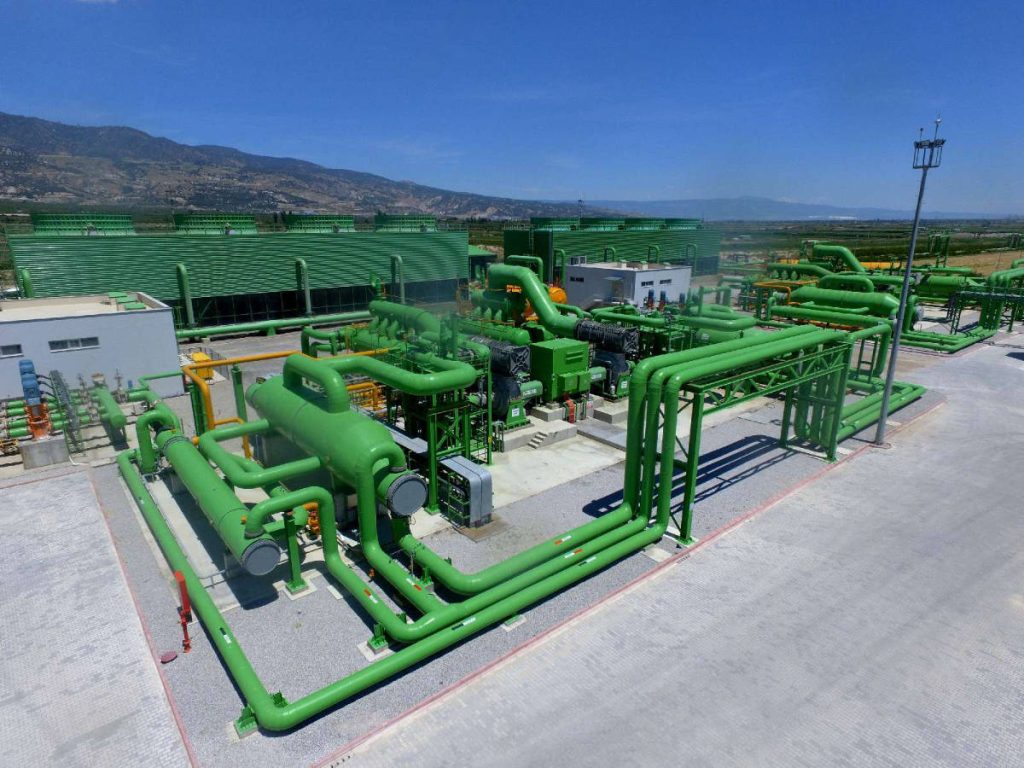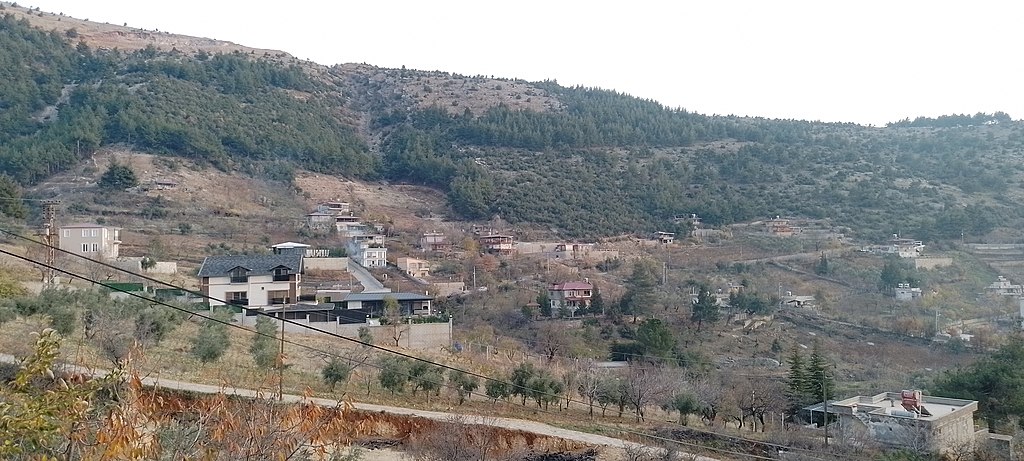
Germany needs more ambition on the way to a fusion power plant and should take advantage of recent fusion breakthroughs, says the commission.
The commission, which was established in December 2022 by the German Federal Ministry of Education and Research (BMBF), has reported that fusion has the potential to make a significant contribution to Germany’s energy supply in the long term and to strengthen the country’s resilience through a diverse energy supply.
In order to implement fusion technology as quickly as possible, it is crucial to build an innovation ecosystem now in which industry and public research find and shape the conditions to jointly develop the technology for a fusion power plant.
Professor Constantin Häfner, head of the expert commission and the Fraunhofer Institute for Laser Technology ILT Aachen, said that the world’s first proof of scientific feasibility in laser-driven inertial fusion by scientists at the US Lawrence Livermore National Laboratory (LLNL) in December 2022 – following which the commission was established – emphasises the importance of long-term public investment in science, without which that breakthrough would not have been achieved.
Prof. Constantin Häfner presents the report to Federal Minister Bettina Stark-Watzinger. Image: © BMBF/Hans-Joachim Rickel
Germany needs more ambition on the way to a fusion power plant and should take advantage of recent fusion breakthroughs, says the commission.
The commission, which was established in December 2022 by the German Federal Ministry of Education and Research (BMBF), has reported that fusion has the potential to make a significant contribution to Germany’s energy supply in the long term and to strengthen the country’s resilience through a diverse energy supply.
In order to implement fusion technology as quickly as possible, it is crucial to build an innovation ecosystem now in which industry and public research find and shape the conditions to jointly develop the technology for a fusion power plant.
Professor Constantin Häfner, head of the expert commission and the Fraunhofer Institute for Laser Technology ILT Aachen, said that the world’s first proof of scientific feasibility in laser-driven inertial fusion by scientists at the US Lawrence Livermore National Laboratory (LLNL) in December 2022 – following which the commission was established – emphasises the importance of long-term public investment in science, without which that breakthrough would not have been achieved.
“The expert commission is of the opinion that fusion enables a continuous, clean and efficient energy supply through an inexhaustible fuel. Now is the right time to take advantage of the momentum of the breakthrough and establish Germany as an innovative and future-oriented business location.”
The expert commission, which included scientists from LLNL, highlights that despite the recent rapid progress in fusion energy, significant advancements are still needed before fusion can become an economically viable energy source.
Inertial confinement fusion
Its focus was primarily on inertial confinement fusion (IFE), which uses a pulsed driver such as massive lasers to trigger the fusion, both as the approach being followed at the LLNL and considering Germany’s expertise in laser technologies.
Nevertheless, both strong inertial confinement and magnetic confinement programmes are recommended in Germany as it is too early to declare a “definitive winning technology” and by investing in R&D in both, particularly the technological commonalities, “we increase the likelihood of success in achieving our sustainable energy goals”.
For this, a sustained and critical mass of funding is needed – at least €150 million/year ($160 million/year) – to enable the country to get a foothold in the field with the pursuit of both an applied research and technology programme and a supporting basic science programme.
The commission recommends organising ‘hubs’ or ‘centres of excellence’ around competencies and capabilities that can grow the most crucial and highest return-on-investment science and technologies.
Public-private partnership structures and programmes also should be facilitated – four startups are pursuing fusion R&D in Germany – and international collaborations are important for focussing efforts on specific areas of expertise.
In accepting the commission’s report, Federal Minister of Education and Research Bettina Stark-Watzinger, said that fusion is a huge opportunity to solve all of Germany’s energy problems.
“That is why we need more ambition now to pave the way for a fusion power plant. As Federal Minister of Education and Research, I am committed to creating the right framework conditions for Germany as a fusion location.”
With an aggressive fusion programme and strong international partnerships, the commission believes that the enabling technologies for a first-of-a-kind inertial confinement-based fusion power plant design could be developed within the next decade or two. And with an ambitious and well-funded research and development roadmap, it is conceivable that an operational demonstration power plant could be achievable by approximately 2045.
How Germany can contribute to fusion energy
The report states that Germany‘s world-leading expertise in laser technology and research is a key advantage in developing inertial confinement fusion. By focusing on developing capable driver concepts for a demonstrator and improving laser driver and multi-gigashot laser capabilities, Germany can lay a solid foundation for competitive production of advanced high-power lasers for inertial fusion energy.
Other areas where Germany can contribute based on existing expertise and research activities include fusion target developments, materials for fusion power plants, breeder blanket development, deuterium and tritium fuel production and fusion modelling.
Germany has a unique opportunity to utilise its capabilities to make a significant impact and establish itself as a crucial partner in inertial confinement fusion, the report concludes.
“By establishing itself at the forefront in this promising technology, Germany could reap the economic, environmental and strategic benefits of fusion energy while playing a leading role in advancing the field on a European and global scale. The need to invest is urgent and swift action is required to lead rather than follow in this area. Harnessing fusion energy would undoubtedly change the course of human history, with the potential to transform how we use this vital resource and provide for energy resilience and energy sovereignty.”







